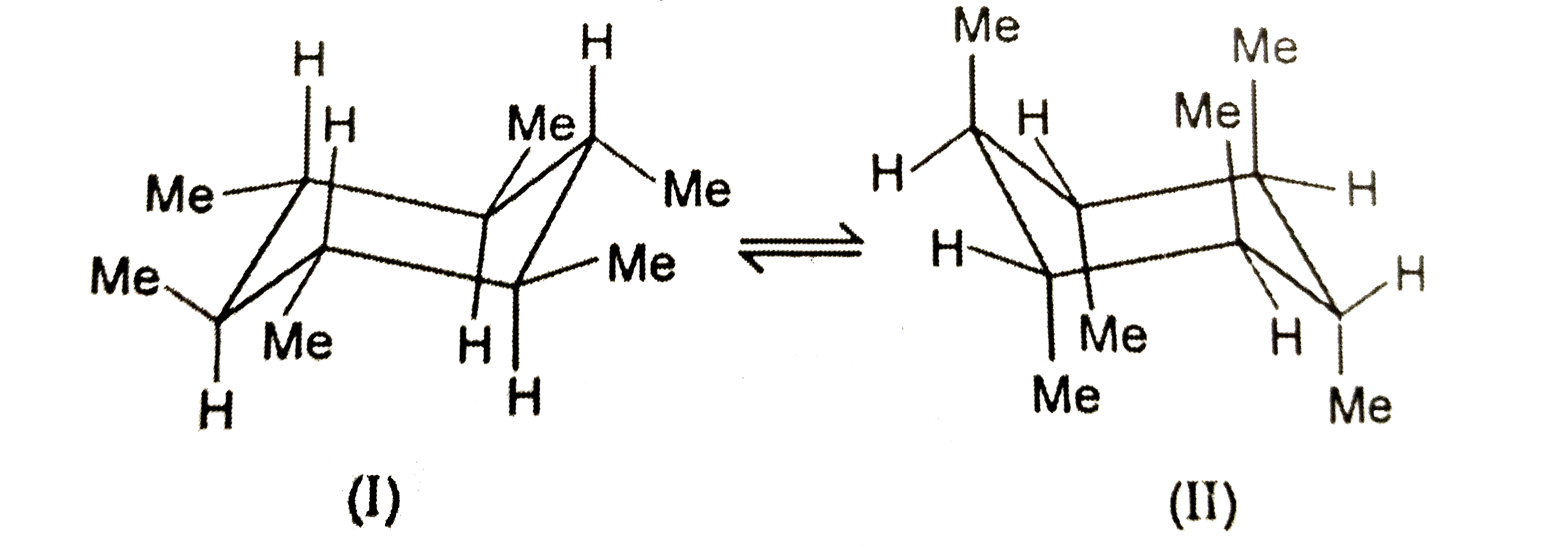Among Na and Mg, which is more reactive and why?
To determine which element is more reactive between sodium (Na) and magnesium (Mg), we can analyze their electronic configurations and the implications for their reactivity.
Step 1: Identify the Electronic Configurations
- Sodium (Na) has the electronic configuration:
1s22s22p63s1
- Magnesium (Mg) has the electronic configuration:
1s22s22p63s2
Step 2: Determine the Valence Electrons
- Sodium has one valence electron in the 3s orbital.
- Magnesium has two valence electrons in the 3s orbital.
Step 3: Analyze the Stability of the Electronic Configurations
- When sodium loses its one valence electron, it achieves a noble gas configuration (similar to neon), which is very stable:
Na→Na++e−
Resulting in the configuration:
1s22s22p6
- Magnesium, on the other hand, has to lose two electrons to achieve a stable noble gas configuration (similar to neon):
Mg→Mg2++2e−
Resulting in the same stable configuration:
1s22s22p6
Step 4: Compare Reactivity
- Sodium can easily lose its one valence electron to achieve a stable noble gas configuration, making it more reactive.
- Magnesium, while it can also achieve a stable configuration, requires the loss of two electrons, which is less favorable compared to losing just one.
Conclusion
Thus, sodium (Na) is more reactive than magnesium (Mg) because it can easily lose its single valence electron to achieve a stable noble gas configuration, while magnesium is less reactive due to its already stable configuration and the requirement to lose two electrons.
Final Answer
Sodium is more reactive than magnesium because it can easily lose one valence electron to achieve a stable noble gas configuration, while magnesium requires the loss of two electrons to achieve stability.
---
- Sodium (Na) has the electronic configuration:
1s22s22p63s1
- Magnesium (Mg) has the electronic configuration:
1s22s22p63s2
- Sodium has one valence electron in the 3s orbital.
- Magnesium has two valence electrons in the 3s orbital.
- When sodium loses its one valence electron, it achieves a noble gas configuration (similar to neon), which is very stable:
Na→Na++e−
Resulting in the configuration:
1s22s22p6
- Magnesium, on the other hand, has to lose two electrons to achieve a stable noble gas configuration (similar to neon):
Mg→Mg2++2e−
Resulting in the same stable configuration:
1s22s22p6
- Sodium can easily lose its one valence electron to achieve a stable noble gas configuration, making it more reactive.
- Magnesium, while it can also achieve a stable configuration, requires the loss of two electrons, which is less favorable compared to losing just one.
Thus, sodium (Na) is more reactive than magnesium (Mg) because it can easily lose its single valence electron to achieve a stable noble gas configuration, while magnesium is less reactive due to its already stable configuration and the requirement to lose two electrons.
Sodium is more reactive than magnesium because it can easily lose one valence electron to achieve a stable noble gas configuration, while magnesium requires the loss of two electrons to achieve stability.
Topper's Solved these Questions
- REDOX REACTIONS (OXIDATION AND REDUCTION)BOOK - ICSECHAPTER - REDOX REACTIONS (OXIDATION AND REDUCTION)EXERCISE - SHORT ANSWER TYPE QUESTIONS
12 Videos
- REDOX REACTIONS (OXIDATION AND REDUCTION)BOOK - ICSECHAPTER - REDOX REACTIONS (OXIDATION AND REDUCTION)EXERCISE - ESSAY (LONG ANSWER) TYPE QUESTIONS
8 Videos
- REDOX REACTIONS (OXIDATION AND REDUCTION)BOOK - ICSECHAPTER - REDOX REACTIONS (OXIDATION AND REDUCTION)EXERCISE - REVIEW EXERCISES
37 Videos
- ORGANIC CHEMISTRY : SOME BASIC PRINCIPLES AND TECHNIQUES BOOK - ICSECHAPTER - ORGANIC CHEMISTRY : SOME BASIC PRINCIPLES AND TECHNIQUES EXERCISE - NCERT TEXT-BOOK EXERCISES (WITH HINTS AND SOLUTIONS )
72 Videos
- SAMPLE QUESTION PAPERBOOK - ICSECHAPTER - SAMPLE QUESTION PAPEREXERCISE - Question
69 Videos
Similar Questions
Knowledge Check
Among the following which is more reactive toward AgNO3?
A B
B C
C D
D
Among AgCl and Agl, which is more covalent?
View SolutionWhich one is more stable and why?

View SolutionWhy is ICI more reactive than I2?
View SolutionA metal which is more reactive than calcium.
View SolutionAmong LiF and LiI, which is more soluble in water and why ?
View SolutionDraw the structures of white phosphorus and red phosphorus. Which one of these two types of phosphorus is more reactive and why?
View SolutionAmong LiF and LiI, which has more covalent character and why ?
View Solution
